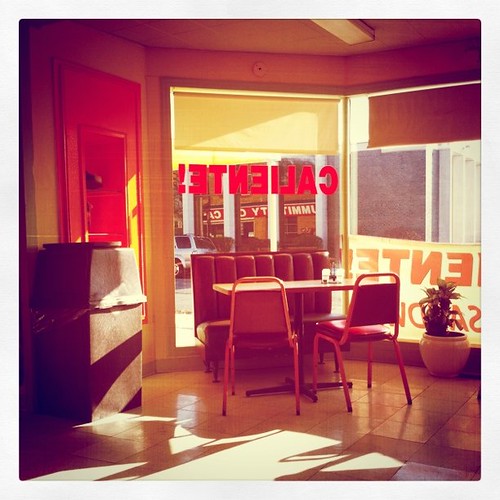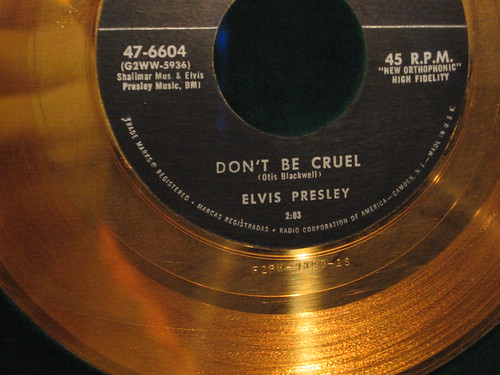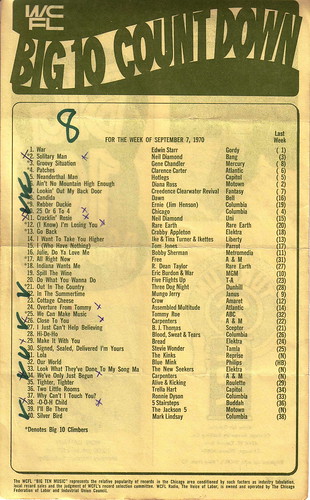Why end every post with the sign off, "Keep writing,"?
The best education we can get when it comes to writing songs comes by writing more songs. We learn from taking chances and failing. We learn from trying all over again. Songs are stepping stones.
For my parents the hardest aspect of what I do is the reality that most of the songs that I write will never be heard by the public. The reason this is difficult is because each song any writer creates has a value worth pointing to that shows it is in some way special and unique.
I had a good friend in college who was intent on perfecting his songs. Rather than calling a song finished and moving on, he believed that the original idea that spurred his song was worth spending multitudes of time on. He spent a couple years focusing on the same eight songs, and has since told me that he wished that he had written more.
A publisher told me once that there was a writer who showed potential, but just didn’t quite yet have the right caliber of songs to get any cut. The advice given to that writer was, not to go listen to a certain song or to specifically work on his rhyming or music, but, to come back after they had written 200 more songs. 200!
As crazy as it sounds, I think the publisher’s advice holds water. Over the past few years (after writing 200 more songs myself) I’ve realized that I've grown more from just writing more and more songs than I have from anything else. Only by writing more songs will I grow out of my mistakes. Rather than over-analyzing each and every song I write, I along with my publisher leave room for mistakes, which in turn spurs my growth.
On a side-note, I am more than excited that my alma mater is now offering a
major in songwriting. My only concern is that students could enter and exit the program with a false assumption that earning a degree with the word “Songwriter” or "Songwriting" printed on it will translate into a publishing deal and a long career. If you go to school to become an accountant, you can go into a financial management company or a bank with somewhat of an expectation that you are qualified for a position. However, when it comes to songwriting, there is no conventional path to becoming a professional. I know plenty of writers who never went to college.
In songwriting, every writer earns their degree from experience.
In addition to writing songs, however, I’ve found it incredibly valuable to be reading different books on the craft of songwriting. Here are some of my favorites, some of which I believe you would find valuable (there are links to purchasing these books by clicking on the "Reading" tab above):
Modern Rhyming Dictionary - worth it for the 60-page introduction on how to rhyme.
The Artist's Way - most effective way to get in touch with your creativity.
Songwriters on Songwriting - a great compilation from great writers on great writing.
Writing Better Lyrics - good, applicable exercises.
The Future of Music - a speculation of what to expect as music hits new waves of technology in the coming decades.
All You Need to Know About the Music Business - exactly what it claims to be.
I believe passion paired with enjoyment of music will be the cause of growth. So keep reading, and keep writing!
Ben









